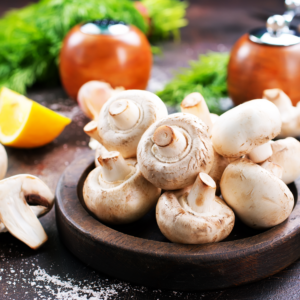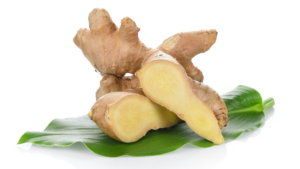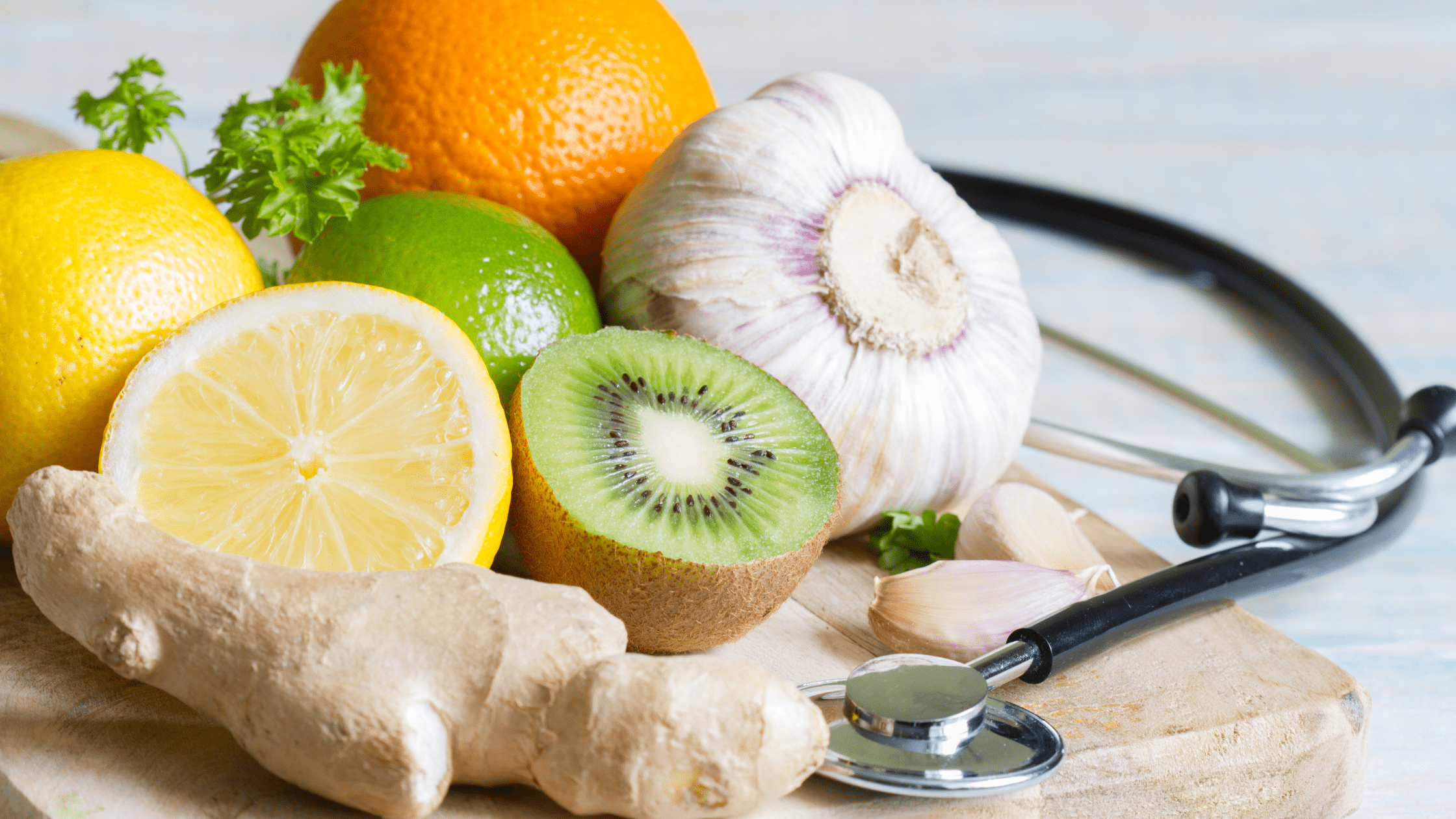Now more than ever, it’s important to eat a healthy well-balanced diet. While there are many components to a robust immune system, nutrition plays a key role. Eating adequate nutrients as part of varied diet is essential for the health and function of all cells in the body, including your immune cells. Certain diets may better prepare your body from attack from microbes and unwanted inflammation. Particularly, plant-based diets and pescatarian diets have been associated with a reduced risk of developing moderate to severe COVID-19 and may help support a healthy immune system.
Micronutrients and The Immune System
Micronutrients influence and support every stage of the immune response and are essential to immune health. Deficiencies of micronutrients can have a negative impact on the health of your immune system causing immunosuppression which increases your susceptibility to infections. To support optimal immune function, adequate levels of micronutrients must be maintained. Getting adequate intakes in your diet from real food sources is essential for both the prevention and recovery from infections.
Vitamin D

Vitamin D “the sunshine vitamin” has several important functions. Some of the most vital functions is to regulate the absorption of calcium, phosphorus and facilitate immune system function. Vitamin D deficiency is associated with increased risk of autoimmune disease as well as increased susceptibility for infections. For most adults, vitamin D deficiency is not a concern. However, those who are obese, or have dark skin, and who are older than age 65 may have lower levels of vitamin D. Adequate intakes of Vitamin D supports your innate immune system and works as a pro-hormone which supports a healthy brain, metabolism, thyroid function, bone health, among other important functions. Not to mention, having sufficient vitamin D levels in your body may help you to fight COVID-19 or improve your health outcomes, if you become infected. Plant sources of vitamin D include:
- Mushrooms
- Fortified Soy Milk
- Fortified Cereals
- Fortified Orange Juice
- Fortified Almond Milk
- Fortified Rice Milk
A recent study published in the British Medical Journal revealed that vitamin D supplementation decreased the risk of respiratory tract infections by 50% in those that were deficient and in 10% of those with favorable vitamin D status.
Vitamin C

Vitamin C is a powerful antioxidant. It plays a significant role in immune defense by supporting cellular functions of both the innate and adaptive immune system. In addition, vitamin C supports several aspects of immunity, including growth and function of immune cells and antibody production. Clinical research suggest that low levels of vitamin C can lead to increased susceptibility to viruses, infection and compromised immune health. Food sources high in vitamin C include:
- Sweet yellow peppers
- Kiwi
- Broccoli
- Brussels Sprouts
- Strawberries
- Citrus Fruits
Zinc

Zinc is an essential nutrient and is required to activate certain immune cells. People who are deficient in zinc are at increased risk for impaired immune function as well as increased risk for infections such as pneumonia in certain age groups. By consuming a well-balanced varied diet, you can meet your daily zinc requirements. These five plant foods contain good sources of zinc.
- Seeds
- Tofu
- Oats
- Nuts
- Beans
- Legumes like chickpeas
There are certain groups that are at increased risk for zinc deficiency. If you fall within any of these groups, you may need to discuss the need for supplementation with your healthcare provider or registered dietitian. People who may need supplementation include:
- Vegans or Vegetarians
- People with gastrointestinal and other diseases
- Pregnant and lactating women
- Older infants who are exclusively breast fed
- People with sickle cell disease
- Alcoholics
Immune Supporting Foods & Polyphenols
Black & Green Tea

Both black and green tea contain polyphenols which supports a healthy gut microbiome and helps to bind viruses to reduce the ability for the virus to replicate. A Harvard research study determined that consuming 5 cups per day increased the virus-fighting compound, interferon, by ten times! Enjoy 1-2 cups of organic green or black tea per day as a nourishing way to unwind and possibly support upper respiratory health.
Ginger Root

Ginger has antimicrobial, anti-fungal, and antiviral properties. Ginger root supplementation has been shown to have anti-inflammatory and immune-supporting benefits. Ways to incorporate ginger root into meals include: grating it into stir-fry, simmering slices in water to make tea, adding to smoothies, and grating into soups.
Garlic

Garlic contains alliin and allicin, which are compounds that have antimicrobial properties. While there isn’t strong evidence on the impact of garlic on the immune system, the studies that have been conducted suggest garlic may stimulate the immune system and have antimicrobial actions as well as lower inflammation, cholesterol, and blood pressure. Be sure to discuss increased garlic use (or supplementation) with a healthcare practitioner if you are currently taking a blood thinner, insulin, or protease inhibitor. Quick and easy ways to include garlic into meals is by adding to chopped garlic when sauteing veggies like spinach, broccoli or kale or by adding in minced garlic to salad dressings.
Quercetin

Quercetin, a polyphenol derived from plants, is available in a wide variety of foods and has been shown to reduce the incidence and severity of upper respiratory tract infection symptoms. Studies suggest that quercetin may also help reduce inflammation. When combined with vitamin C, quercetin may provide additional immune-supporting effects. Food sources include:
- apples
- berries
- capers
- grapes
- onions
- tomatoes
- green and black teas
- citrus fruits
- kale
5 Ways to Help Support a Healthy Immune System
While the food choices you make are a significant factor that impacts your health, there are other lifestyle habits that can promote a healthy immune system too which includes:
- Maintaining adequate fluid intake. Adequate hydration is a key component to supporting your body’s immune system.
- Limiting caffeine intake and alcohol. Too much of either may disrupt your gut microbiome.
- Stress management. Chronic stress can weaken the immune system and cause a pro-inflammatory response.
- Physical activity. Exercise acts a modulator for the immune system and causes anti-inflammatory cytokines to be released.
- Quality sleep. Quality sleep supports a healthy immune system and may reduce your risk for chronic diseases.
There are many quercetin supplements out on the market. However, the best way to boost your intake is through whole foods that are rich in quercetin like red onions, capers, organic tomatoes, and kale into your daily diet. As always, it is best to consult with your healthcare provider before adding any supplements into your diet.
Need some guidance on how to improve your immune health with nutrition and lifestyle habits? Schedule a free consultation at http://www.corenutritionhw.com/services

